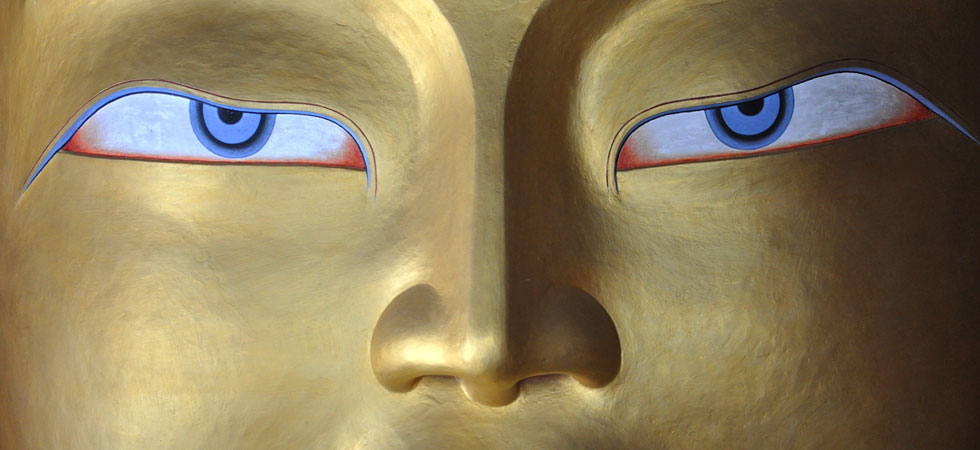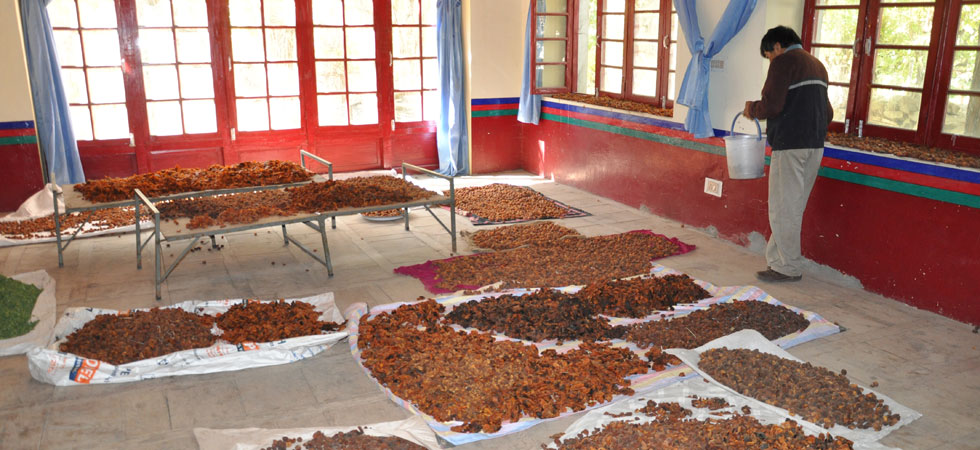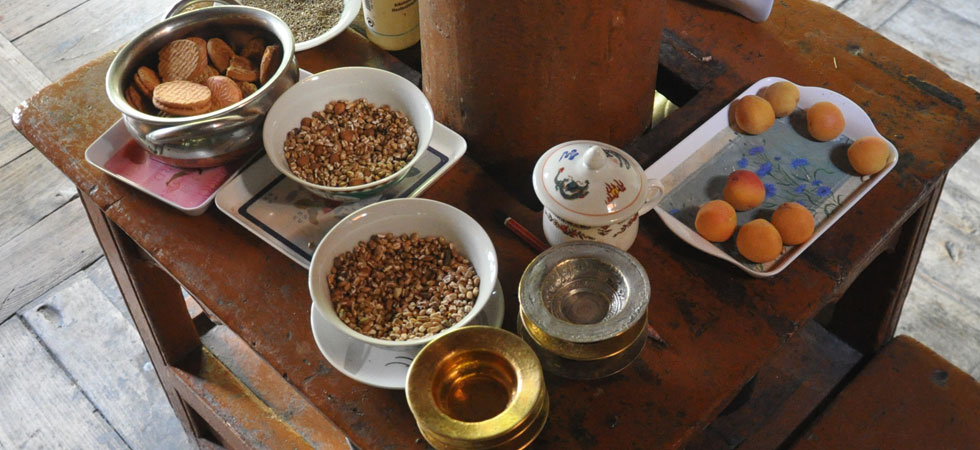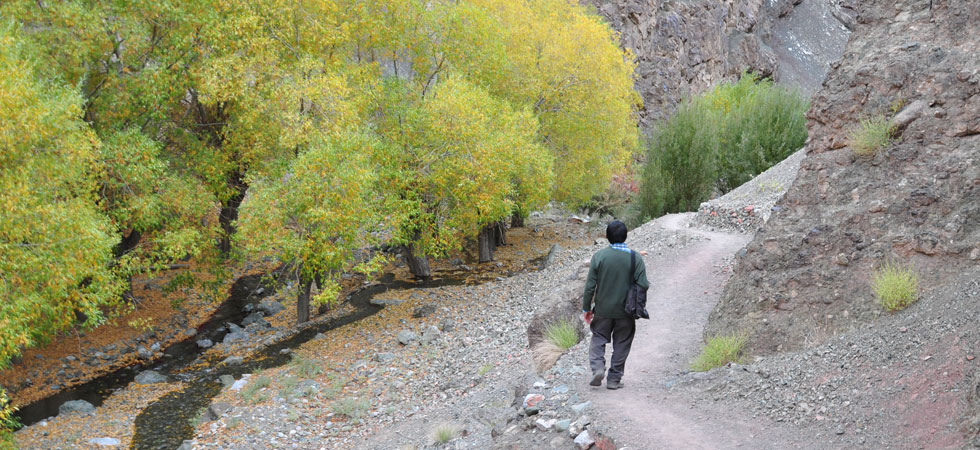Tibetan Medicine Treatment
There are four forms of treatment in Tibetan medicine: diet, behaviour, medicines, and external treatments.
1. Medicines
According to Tibetan medical theory everything that exists is made up of various combinations of the five elements: earth, water, fire, air and space. Disease comes about when the five elements that make up the human constitution are disturbed. The healing properties of a medicine, according to Tibetan medical theory, derives from its constituent elemental nature. Thus a medicine works because its elemental nature addresses the elemental imbalance caused by the disease.
Medicines are effective because they have the opposite properties to those of the imbalanced humours; these qualities are referred to in Tibetan medicine as the eight potencies, these are: heavy, oily, cool, blunt, light, coarse, hot and sharp. Medicines with heavy and oily potencies cure wind disorders; cold and blunt potencies cure bile disorders, and light, coarse, hot and sharp potencies cure phlegm. In addition to this: light, cold and cool potencies increase wind; hot, sharp and oily potencies increase bile; and heavy, oily, cool, and blunt potencies increase phlegm.
In Tibetan medicine there are eight forms of medicinal substances: precious medicines (precious stones), stone medicines, earth medicines (minerals), tree medicines, mucilaginous medicines (oils and fluids), shrub medicines, herbal medicines and animal medicines. From these eight classes of medicinal substances 10 types of medicinal compounds are made: decoctions, pills, powders, pastes, medicinal butters, medicinal ashes, medicinal concentrates, medicinal beers, gem medicine, and herbal preparations.
2. External Treatments
Tibetan medicine uses a range of external therapies which include: massage, hot and cold applications, methods for inducing sweating, mineral baths, blood letting, moxibustion, acupuncture and surgery. Hot and cold applications, involve pressing on certain areas of the body, with objects such as a warm or cold stone, or fennel seeds wrapped in a cloth and dipped in hot oil. Moxibustion involves the burning of small cones of the herb gerbera on one of seventy-one locations on the body that are related to various disorders. The Tibetan medical text also lists numerous types of medical baths classified according to their mineral content; such natural hot pools are commonly found in the mountains in Tibet and throughout the Himalayan region. If all other forms of treatments have been ineffective, for some disorders the text recommends surgery. However, nowadays, with the exception of minor problems, surgery is not practised.
3. Behaviour modification
Behaviour can also affect the humours in a positive or negative way. As both wind and phlegm disorders are by nature cold, a person suffering from such a condition should stay in a warm place. For people with bile disorders, due to its hot nature, they should stay in a cool place. Certain types of activity are appropriate for disorders of each humour; for wind, the Tibetan medical text advises that the individual should stay in pleasant company, calm activity is recommended for bile, and for phlegm, physical exercise is beneficial. The medical text also stresses that the natural processes and needs of the body such as, vomiting, yawning, sneezing, sleeping, hunger, urinating, and so on, should not be impeded.
4. Diet
Food, like medicine, has certain properties that can affect the functioning of the humours. The same logic applies as we saw for medicines: foods with the same elemental qualities and characteristic of a disorder should be avoided. Each type of food can be classified according to one or more of the eight potencies. Dietary advice in Tibetan medicine is usually related to foods of a similar taste. Foods with a sweet taste are beneficial for wind and disturb phlegm. Foods which combine a sour and sweet taste are beneficial for wind and blood disorders. Foods with a sour taste are beneficial for phlegm and wind and disturb bile. Foods with a salty taste are beneficial for phlegm and wind and disturb bile and blood disorders. Foods with a bitter taste are beneficial for bile and disturb wind. Foods with an astringent taste are beneficial for phlegm.




